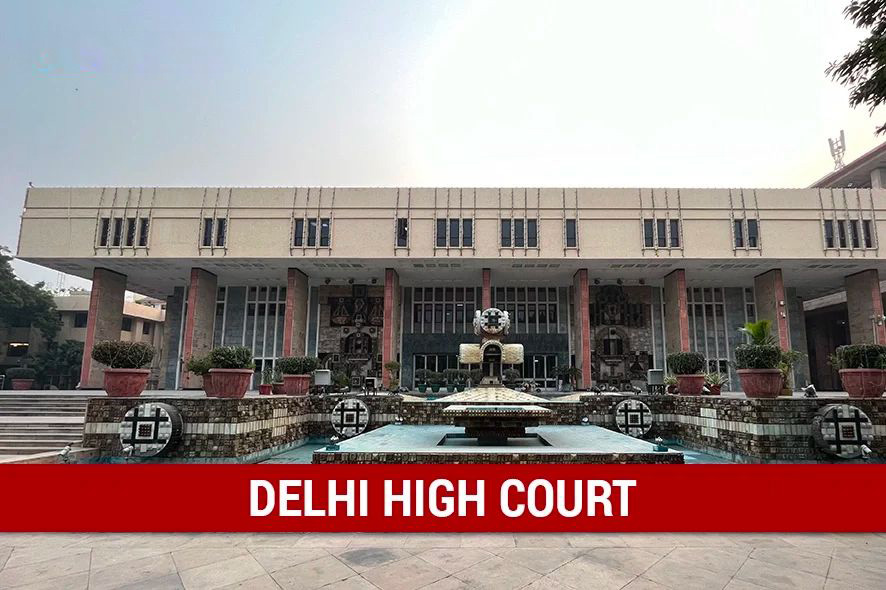
In the case of Morgan Securities & Credits Pvt Ltd. vs Samtel Display Systems Ltd., [O.M.P. 476/2012 & IA No. 5379/2023] the Delhi High Court single bench comprising Justice Sachin Datta held that an arbitral award marked by inherent inconsistencies and internal contradictions is deemed as perverse and patently illegal under Section 34 of the Arbitration and Conciliation Act, 1996 (the Act).
Background
Samtel Colors Limited (Respondent) obtained an Inter-Corporate Deposit (ICD) worth INR 1,70,00,00,000/- from Morgan Securities & Credits Pvt Ltd. (Petitioner), with the condition of providing 11 lac shares as security. The Respondent claimed to have repaid the ICD and demanded the return of pledged shares. Alleging unlawful retention by the Petitioner, the Respondent invoked arbitration, seeking the return of shares, INR 44,00,000/- for market value loss, INR 1,24,74,000/- as interest, future loss on shares, and a direction for return of shares.
Simultaneously, the Petitioner initiated arbitration against the borrower. The Petitioner challenged an arbitral award in the Delhi High Court, citing inconsistency in findings concerning the value of the pledged shares in claims no. 2 & 3. The Respondent did not prove the market value, so the arbitrators assumed a share price of INR 17 for claim number 3.
Verdict
The High Court, while exercising its jurisdiction pursuant to Section 34 of the Act, acknowledged the restricted nature of interference with arbitral awards. It stressed that the arbitrator holds final authority on factual matters, and the interpretation of contractual terms falls within the arbitrator’s purview. The Court maintained that interference is permissible only in cases where the award is palpably perverse, and no reasonable individual could reach the same conclusion as the arbitrator.
Specifically addressing claim no.2, the High Court examined specific findings in the arbitral award, which concluded that the Respondent did not substantiate the claimed market value of the relevant shares. It observed that the asserted values were INR 21/- per share on 26.04.2007 and INR 17/- per share at the time of filing the statement of claim. The court stressed the absence of evidence regarding the share value, both at the time of the pledge and the claim petition filing.
The Court identified an inherent contradiction in the award, as it presumed the value of pledged shares to be INR 17/- per share for claim no.3, despite rejecting this value for claim no.2.
In this regard, the High Court noted as follows:
“In any event, the failure on the part of the respondent (claimant) to establish the price of shares in the arbitration proceedings stands conclusively affirmed by a coordinate Bench of this Court while deciding the respondent/claimant‟s petition against the very same award. As noticed hereinabove, the Coordinate Bench of this Court has taken a view that the petitioner failed to discharge the burden of proof in the arbitration proceedings to establish and prove the value of shares (INR 21/- per share as on 26.04.2007 and INR 17/- per share on the date of filing of statement of claim). In light of the aforementioned inherent inconsistency and internal contradiction within the award, this Court is constrained to set aside the award qua claim no.3…The law is well settled that an award suffering from such internal contradictions would be perverse and patently illegal.”
Can You Join a Director of a Disputing Company in an Arbitration Proceeding? For further insights on this topic, please click.
